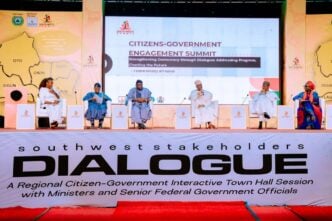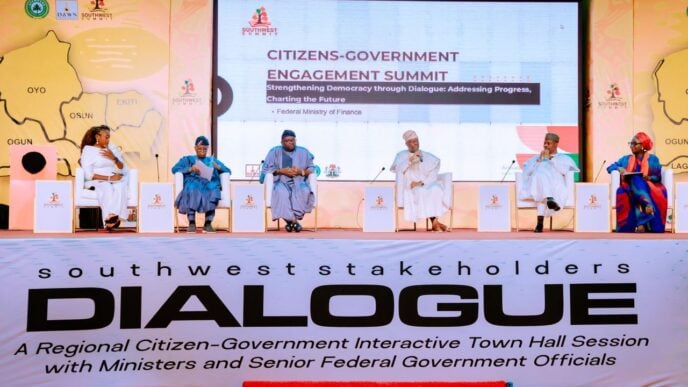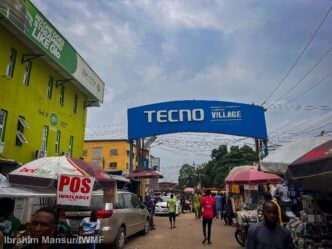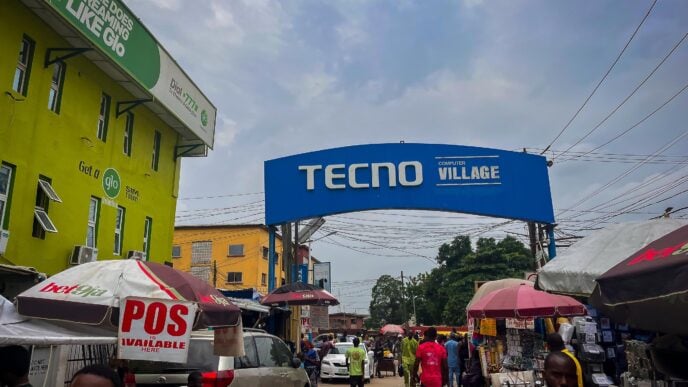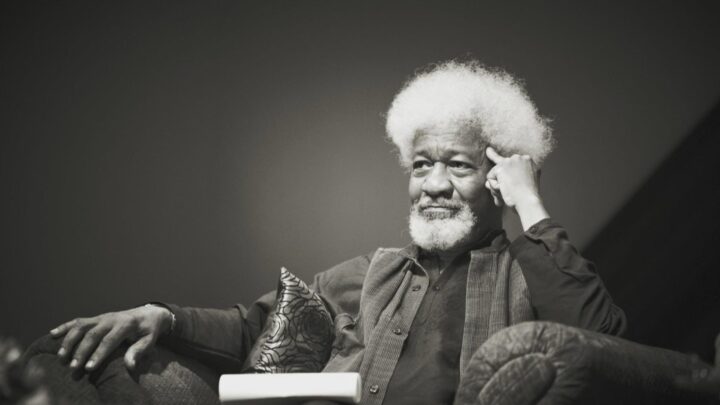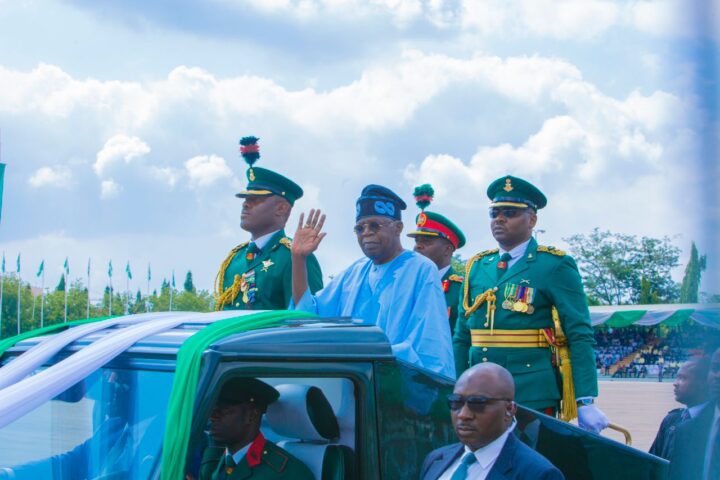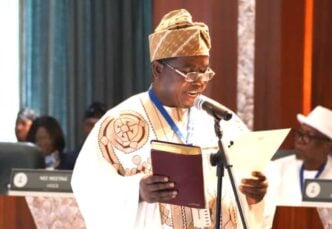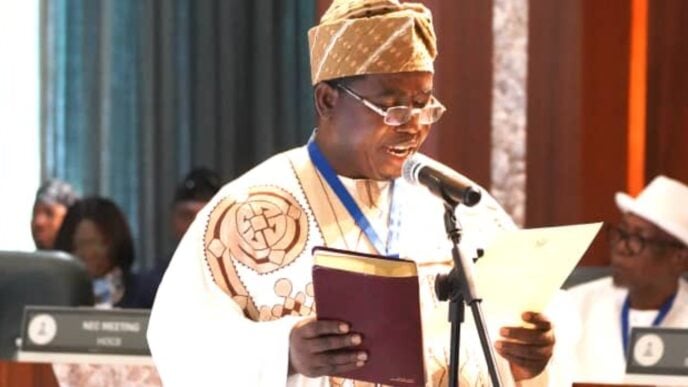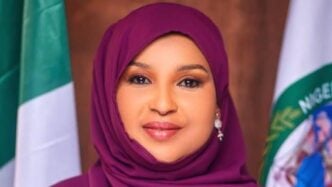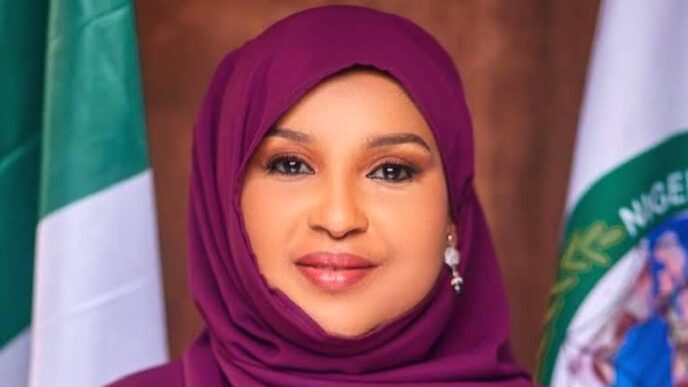BY ANIETIE UDOH
Nigeria stands at a defining point in the evolution of the global creative economy. The country’s communications and advertising sector, valued at roughly $725 million in 2023, continues to expand, driven by digital adoption and the rise of a young, connected population.
For communications professionals in Nigeria to stay competitive in today’s global creative economy, they must rethink their role from that of tactical service providers to become strategic and influential partners who shape not just culture but policy and business outcomes.
Too many Nigerian agencies and practitioners still approach PR, advertising, and marketing as a function of output: produce campaigns, secure coverage, run ads, and measure visibility. While these functions remain important, however, they no longer define success.
Advertisement
When benchmarked against global standards, we still operate largely at the level of tactical execution rather than strategic leadership. The challenge is not a lack of talent, but a shortage of professionals who can translate local authenticity into globally resonant narratives.
Too often, in our rush to sound global, we lose the voice that makes us distinctively Nigerian. But the world no longer rewards imitation, it rewards originality. Nigerian storytelling, rooted in resilience, creativity, and humour, carries a unique rhythm that resonates globally.
Our stories, the ones shaped by our lived realities, are assets. They provide the human depth and cultural texture global brands crave. A Lagos-based strategist who understands the informal economy, or a PR consultant in Abuja who grasps grassroots mobilization, holds insights that a foreign consultant cannot replicate. Those insights are competitive currency.
Advertisement
We must leverage data in telling authentic Nigerian stories. Today, communication is no longer driven by intuition alone; it is shaped by insight. This calls for communicators who understand audience analytics, sentiment tracking, and the algorithms that influence public discourse.
In 2024, Nigeria recorded over 122 million internet users, with social media engagement driving more than 60 percent of advertising impressions. To stay globally competitive, Nigerian communicators must invent structured frameworks for data-driven storytelling.
To stay ahead of the curve, communicators must be able to combine emotional intelligence with analytical precision. Data literacy does not mean abandoning creativity, instead it refines it. When done with insight, storytelling becomes sharper, more targeted, and more effective.
Nigerian communications professionals must know not just how to interpret data, but also how to align storytelling with business strategy, influence boardroom decisions, and must be able to sit with the CEO and shape what a company says and how it behaves.
Advertisement
Yes, the task of any communicator is to become the custodians of meaning, ensuring that their clients’ actions and messages align in a way that builds trust and value. However, while seeking to do this, Nigerian communications professionals must be open to collaboration.
No industry grows in isolation. One of our biggest weaknesses as a communications ecosystem is fragmentation. PR practitioners and agencies in Nigeria often work in silos, competing for clients and visibility rather than building shared platforms for professional development.
We must change this culture. Collaboration is the key to sustainability and better positioning to compete on a global scale. The next generation of Nigerian communicators will inherit the tools we build today, such as institutions, values, and professional credibility.
Professionals with more years and experience in the industry must learn to share knowledge, as well as mentor the younger ones, because when they do, we collectively expand Nigeria’s creative economy and strengthen the country’s influence on the global stage.
Advertisement
Finally, global competitiveness requires us to redefine what success means to us individually and collectively. Things like clients, awards and visibility matter, but the ultimate goal should be impact. How our work changes perceptions, builds trust, and drives progress. The question for every professional should be: What difference does my storytelling make?
Nigerian communicators must see themselves as nation builders. Every campaign we craft, every brand story we tell, contributes to how the world sees us as a people. Our ability to shape authentic, ethical, and globally resonant narratives will determine not just the success of our clients, but the global reputation of Nigeria’s creative economy.
Advertisement
The time for tactical execution is over. The world is moving fast, and relevance is no longer guaranteed by proximity or volume, it is earned through clarity and credibility. We must rise from behind-the-scenes operators to become architects of perception and drivers of change.
Anietie Udoh is divisional director, marketing, at Marketing Edge Publications. Write him at [email protected]
Advertisement
Views expressed by contributors are strictly personal and not of TheCable.


